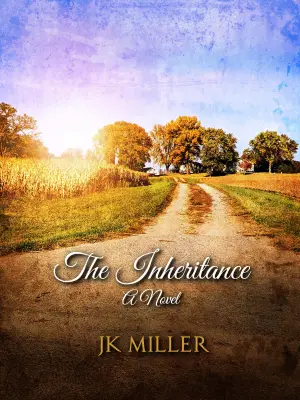I recently finished reading The Little Book of Common Sense Investing by John C. Bogle, a name synonymous with sensible investment strategies. As someone who has always had an interest in personal finance but often felt overwhelmed by financial jargon, I was drawn to this book after hearing so many positive remarks about Bogle’s simplified approach to investing. The idea that it serves as a “bible” for investing intrigued me, so I couldn’t wait to dig into its pages.
In this book, Bogle makes a compelling case for low-cost index funds as the cornerstone of any investor’s portfolio. The fundamental premise is straightforward: by investing in a fund that tracks a broad market index, such as the S&P 500, you can expect to earn consistent, long-term returns without the pitfalls associated with trying to outsmart the market. I was particularly impressed by Bogle’s emphasis on understanding that stock returns derive primarily from three sources: dividend yield, earnings growth, and changes in market valuation. This clarity helped me set rational expectations for my own investments.
From my reading experience, I appreciated the straight-to-the-point advice that echoed the sentiments of other readers. For example, Dean Hewitt aptly points out that “for 99% of investors, the Bogle approach is all you need.” I wholeheartedly agree; the book dispels the myth that investing must be complicated or emotionally charged. The clarity in Bogle’s writing made it incredibly easy to leap from theory to actionable strategies.
However, the book is not without its drawbacks. Following feedback from other readers, I found that some sections felt a bit repetitive. While I understand the importance of emphasizing critical concepts—especially for new investors—there were parts that could have been trimmed for a more concise experience. Chez GKY’s comments on this resonate with my feelings, noting that the initial chapters focusing heavily on the arithmetic of costs could have been shorter without sacrificing value.
Nevertheless, as I progressed deeper into the book, the content became richer and more insightful. Bogle dives into topics of asset allocation and retirement investing in newly added chapters, which I found invaluable. This practical guidance is something that many readers echoed through their reviews as well. JAK mentioned that Bogle brings decades of investing wisdom, which I found helped foster a sense of trust in his teachings. There’s something reassuring about learning from someone who practically invented the index fund.
The ease of understanding and approachable writing style also mirrored comments from other satisfied readers, with one person describing the book as “clear, straightforward, and insightful.” I felt this ease throughout my reading, which is paramount when it comes to finance literature. Bogle’s straightforward explanations and actionable advice aim at beginners, but I believe seasoned investors could still glean insights from his experience.
One aspect of the book that comes highly praised is its focus on long-term safety through diversification, drawing parallels that emphasize common-sense investing. While the book certainly champions index funds, it also touches on the perils that come with emotional investing and market noise, presenting a well-rounded view of the market landscape.
In conclusion, The Little Book of Common Sense Investing has solidified my beliefs about investing and provided a framework that helps demystify the process. It met my expectations and then some, as it not only furnished me with practical strategies but also with a clearer mindset towards my financial future.
I would recommend this book to anyone looking to educate themselves on investing, ranging from complete novices to those wanting a refresher on sensible financial strategies. The cornerstone of Bogle’s philosophy—sticking to low-cost index funds—will resonate for years to come, and his teachings will stay with me as I continue my investment journey. Overall, I would rate this book a solid 4.5 out of 5 stars for its accessibility, invaluable insights, and the clarity it brings to the often murky waters of investing.








